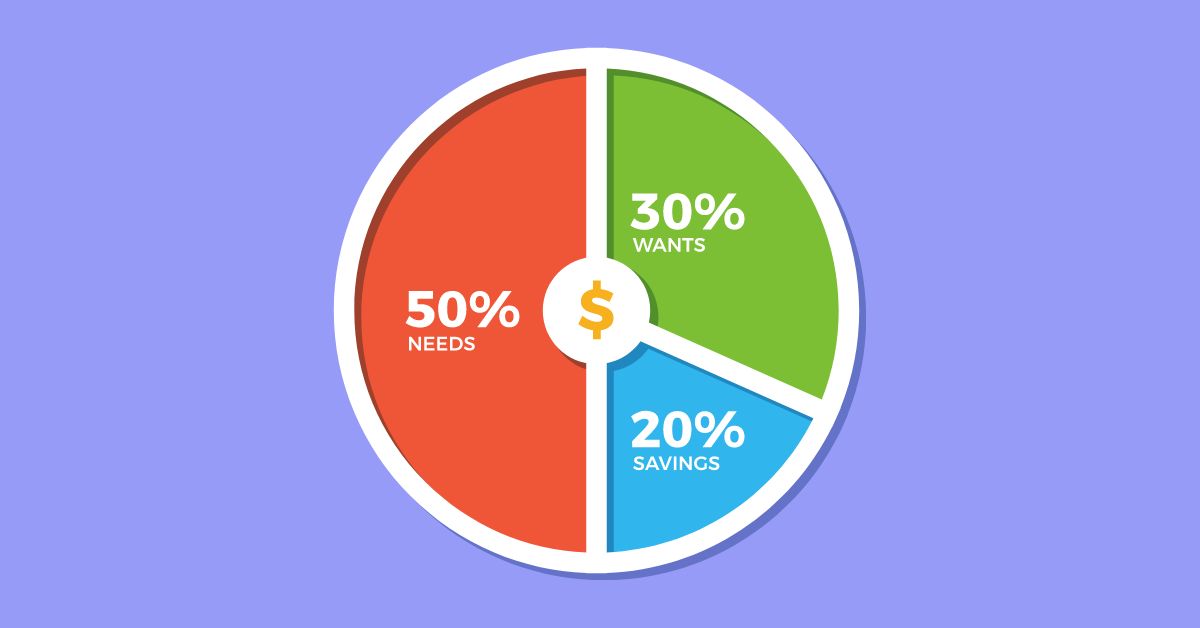Alpha can show how a share or investment will perform compared to its competitors or the overall marketplace. Beta measures the volatility in financial markets, which can assess risk exposure in an investment.
Learning the mathematics behind a new investment may be the difference between a profitable portfolio and one deteriorating. Alpha and Beta are two essential metrics that savvy investors utilise to develop strategies. They are used to assess investments and decide whether they are appropriate for a specific portfolio. Each is determined utilising the base equity’s past performances. This blog will provide insights into the differences between Alpha and Beta in the stock market.
What is Alpha in the Stock Market?
Alpha is a method for calculating the extra investment returns after accounting for market turbulence and random variations. It compares the profitability of an investment to its baseline index.
How to Calculate Alpha of a Stock?
Alpha, denoted by the character ‘α,’ is computed as:
Alpha (α) = Current Return Rate – Expected Return Rate
The greater the Alpha value, the better.
What is Beta in the Stock Market?
Beta sometimes referred to as the Beta coefficient, indicates persistent risk or potential dangers that cannot be prevented. It assesses the unpredictability of a share, investment, or portfolio in the marketplace. Using past data, it calculates the relationship between an investment’s motion and market fluctuations.
The Beta coefficient is used to measure how risky an asset is. A Beta value of one suggests that the investment’s price moves in lockstep with the marketplace. A Beta value greater than 1 implies that the investment is more unpredictable than the marketplace, whilst a Beta value less than 1 suggests that the investment is less turbulent than the marketplace or index.
How to Calculate Beta of a Stock?
Beta, denoted by the character ‘β,’ is computed as:
Beta (β) = Covariance/Variance
Where Covariance denotes the return on a specific stock relative to the market.
Variance denotes the total marketplace return relative to its own mean. Individuals favour high Beta Stocks in the Indian share market with strong risk tolerance, whilst low Beta assets are better suited for investors looking for consistent returns.
Alpha Stock Market Value and Beta Stock Market Value Comparison
Alpha value compares the overall return of your investment to the gross return of a baseline index. On the other hand, Beta evaluates how unpredictable a given asset is compared to a baseline index. When comparing mutual funds, the Alpha value is frequently employed. Suppose you understand how a particular mutual fund has done historically compared to a baseline index. In that case, you may use the Alpha value to determine if the fund outperforms or comes up short.
Alpha is computed by measuring the particular fund’s investment return and deducting it from the investment return of the corresponding index. A high Alpha value indicates that the particular fund has previously outperformed the baseline index, a negative or low Alpha indicates that the fund has previously underperformed the index. An Alpha value of zero indicates that the fund has previously provided the same predicted return as the baseline index.
The beta value is distinct from the alpha value in that it is intended to assess how risky or unpredictable an investment is compared to a baseline index.
A Beta value of 1.0 indicates that the investment is as volatile as the baseline index. If the Beta value is 1.3, the investment is 30% more unstable than the benchmark. If the Beta is 0.7, that means the stock is 70% less unstable than the index.
Here’s a tabular representation of Alpha vs Beta values
| Alpha Stock Value | Beta Stock Value |
| Investment success and return rates are evaluated. | The unpredictability of an asset is evaluated. |
| It assists you in identifying the top-performing investment portfolios. | It assists you in identifying investment portfolios with low or high volatility according to your preferences. |
Which Is the Best Option for You?
Assume you are looking to start investing in mutual funds. Now, you wish to choose a fund from a list that has regularly surpassed the general stock marketplace. You would look at the mutual fund’s Alpha value to see how well it had performed recently and match it with the Alpha value of a benchmark index before selecting the ideal option.
You can use the Alpha value of a stock to:
- Contrast the profitability of mutual funds with a baseline index
- Choose the ideal mutual fund for your financial goals
- Compare and rank various forms of investment opportunities
If you don’t like risky investments, you may utilise Beta value to assist you in identifying assets that are inside your safe range. Also, you can use the Beta value of a stock to:
- Contrast the volatility of an investment with a baseline index
- Match your assets to your general risk profile
If you are looking for an investment guide, look no further. Wealthdesk offers well-researched portfolios called WealthBaskets. Each WealthBasket is based on an investment strategy or idea, which leads to selecting stocks and ETFs accordingly weighted to generate returns for an investor.
We offer you a set of professionally created and continuously monitored baskets allowing you to create and maintain a low-cost, diversified portfolio – something for everyone.
Conclusion
The interesting point to note here is that both Alpha and Beta investing are based on historical data and do not promise the fund’s future performance. While it is essential to know the background, checking its prospects is a must before investing!
Discover stocks that suit certain filter criteria and dive into details to check their WealthBaskets.
FAQs
The excess return generated by the asset in contrast to the stock index or other wide baseline to which it is evaluated or measured is an Alpha value. Beta measures the comparative unpredictability of an asset. It is a measure of how risky the investment is.
Yes. Beta values are present in ETFs. Gold ETFs relatively carry a lower Beta value than equity ETFs because their primary motivators are distinct.
The National Stock Exchange is reflected in the Nifty. The term Nifty is a blend of the words National and Fifty. Nifty 50 is an Indian benchmark index that includes the top 50 equities listed on the NSE based on certain parameters.
Both Alpha and Beta values assess two distinct but equally significant aspects of an investment. However, if you want to pick one over the other, it comes down to your priorities as an investor. If you are looking for steady returns, seeking the alpha stock market value should make more sense, while the Beta value will be more helpful if you are more concerned about the volatility of the stock.


















